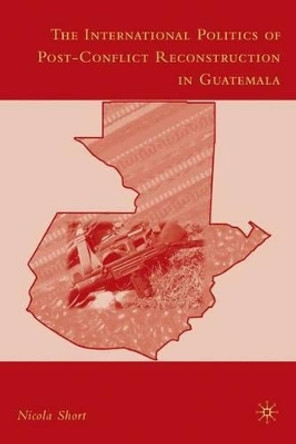Description
The peace agreement, major reconstruction efforts and UN-supervised elections that followed Cambodia's dark period of civil war and genocide have not brought the democracy and reconstruction that was hoped for. Political stability has emerged but seemingly only at the expense of democracy. Moreover, reconstruction efforts appear to be at odds with processes of liberal democratization.
This volume (written by a broad mix of Khmer and non-Khmer researchers) is the first study to assess the post-conflict democratization and reconstruction process in Cambodia in a systematic and in-depth empirical way. In going beyond a one-dimensional view of democracy, the full complexity of this process is illuminated and an assessment is made about the viability of such post-conflict strategies elsewhere round the globe.
About the Author
Joakim Ojendal is Professor of Peace and Development Research at Gothenburg University in Sweden. He has written extensively on Asia, and in particular on democratization in Cambodia. Currently he leads several research projects, including on post-conflict reconstruction and democratic decentralization, and engages in policy work in this area. Among his earlier works is Southeast Asian Responses to Globalization, published by NIAS Press in 2004.
Mona Lilja teaches at Gothenburg University's School of Global Studies. She has previously written on female political leadership strategies in democratization and development processes, with her monograph Power, Resistance and Women Politicians in Cambodia published by NIAS Press earlier in 2008. Currently she is engaged in a research project on 'hybrid democratization' in Cambodia.
Book Information
ISBN 9788776940430
Author Joakim OEjendal
Format Paperback
Page Count 336
Imprint NIAS Press
Publisher NIAS Press





